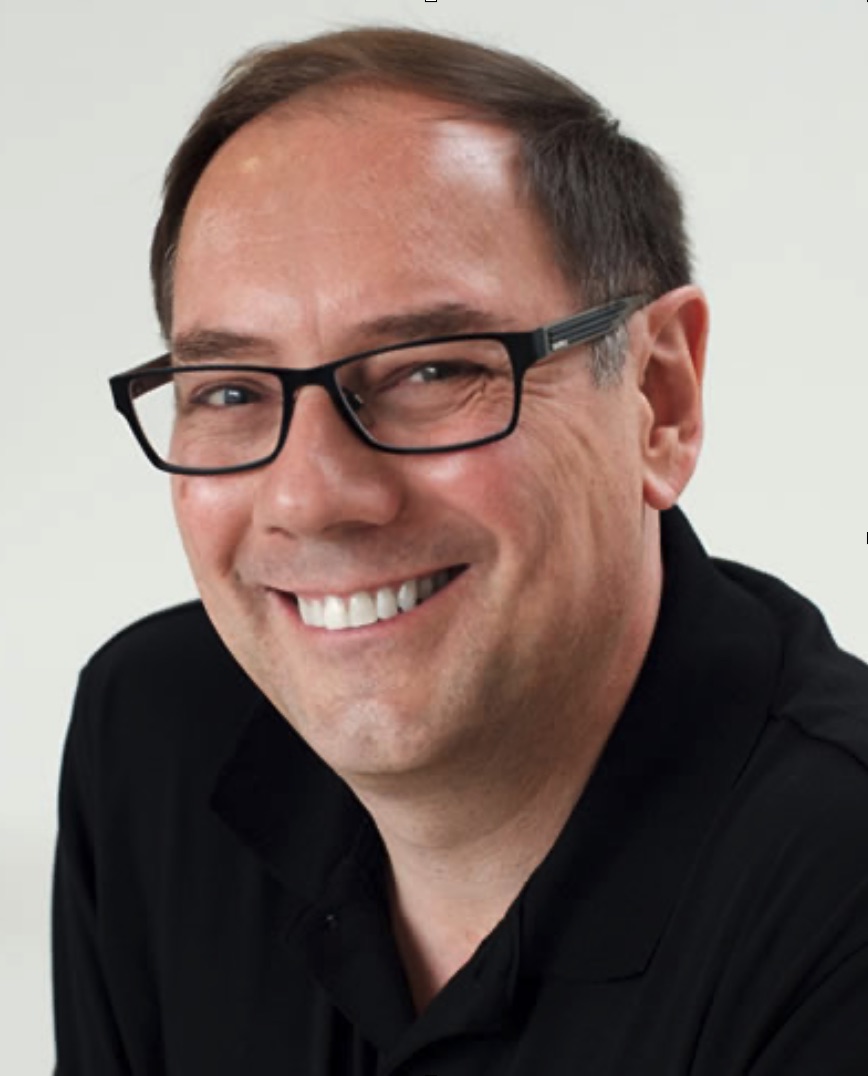Letter from the Chair

This issue of the FOEP newsletter features a special Spotlight interview with two masters of outreach, Drs. Ainissa Ramirez and Mark Miodownik, who have each recently published new books for a general audience on an important scientific topic that is often overlooked by those involved in science communication: Materials Science. This is a topic that touches us all in multiple ways throughout our days, and yet there is a shortage of popular science books devoted to this field. As Ainissa Ramirez puts it in her new book, THE ALCHEMY OF US, “materials science is a bit like my home state of New Jersey, because it is wedged between two more well-known entities.” For the Garden State it is New York and Philadelphia, while for materials science it is physics and chemistry. Dr. Ramirez uses historical narratives to explain how the development of prosaic materials, such as glass, steel and carbon filaments have transformed society. We make the materials, and in turn, the materials make us. Dr. Ramirez’ book, by emphasizing the human stories that underlie scientific advances, forcefully makes the argument for diversity and inclusiveness. As Dr. Miodownik said in his review in Science magazine: “If you want to understand how cultural values, including racism, get baked in the materials we create – the MUST read is THE ALCHEMY OF US by Anissa Ramirez.”
Mark Miodownik is a professor of Materials and Society at University College London and the author of the 2014 best seller STUFF MATTERS and last year’s LIQUID RULES. In both he demonstrates how fascinating physics and chemistry (there they are again) combine to make the materials that surround us, without which our lives would be poorer and harder. In STUFF MATTERS each chapter began with the same photo of the author having a cup of tea at a small table on his building’s roof, followed by a discussion of one of the materials found in the photo, such as steel, glass, paper and plastic, while in LIQUID RULES Prof. Miodownik uses the framing device of a transatlantic flight, with each chapter featuring the different types of fluids he encounters. The science of jet fuel, liquid soap, liquid crystal displays, glues (did you know that aircraft are held together with glue, and not rivets?), ballpoint pens and the origin of jet aircraft contrails, are all discussed on this long but never boring flight. I am thrilled that we have both authors in the Spotlight section, in a virtual APS meeting panel that didn’t happen this year (but maybe next?). One can only hope that as more people see how physics operates in their everyday lives, they will form an appreciation for science and the scientific method.
FOEP was set to host a public event at the March 2020 APS meeting that promised to highlight the challenges of science communication in what we hoped to be a fun and engaging manner. Inspired by the book Thing Explainer: Complicated Stuff in Simple Words by Randall Munroe (creator of xkcd.com), the THING EXPLAIN YOUR RESEARCH contest asked APS March Meeting participants to translate the title of their talk using ONLY the one thousand most common words in English as found at https://splasho.com/upgoer5/. A panel of judges would then try to determine which of three actual talk titles corresponds to the THING EXPLAINED translation. We received many excellent submissions on our web site, and as we were making the difficult decisions as to which submissions to include in the evening public event, the entire meeting was called off. But we couldn’t let these great submissions just languish – so in this newsletter you’ll find the first annual (maybe?) THING EXPLAIN YOUR RESEARCH QUIZ. Now you can be the judge and see how easy or hard it is to match the “Thing Explained” physics title with the one that appeared in the APS program. At least one of the entries is a haiku, while another calls to be sung aloud!
The challenges of the quarantine and virtual meetings, seminars and lectures highlights the importance of innovative and creative physics outreach efforts. Let us know what you have been doing, what’s worked and what hasn’t, and what APS can do to help. COVID-19 will pass eventually, but the need for public engagement with physics will remain.
James Kakalios
Disclaimer – The articles and opinion pieces found in this issue of the APS Forum on Outreach & Engagement Newsletter are not peer refereed and represent solely the views of the authors and not necessarily the views of the APS.
